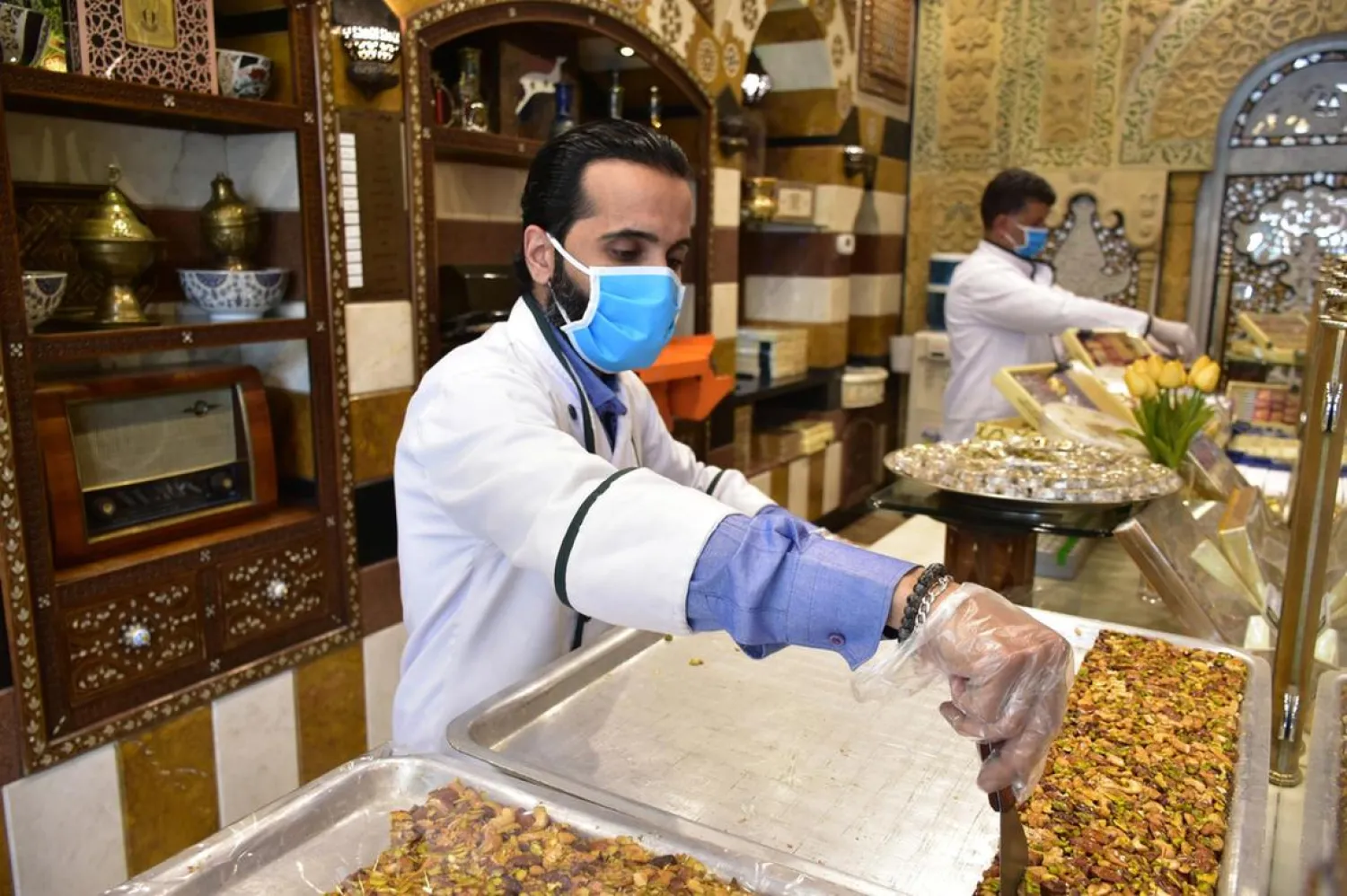Food prices in war-torn Syria have doubled in the past year to record levels, 14 times the average before the nine-year-old conflict, the World Food Program said Monday.
"Over the past 12 months, the price of WFP's reference food basket has on average increased by 107 percent across Syria," the UN agency said.
"This is 14 times the pre-crisis average and the highest ever recorded," WFP spokeswoman Jessica Lawson told AFP.
Syria's war has devastated the country's economy since it started in 2011, and plunged 80 percent of its people into poverty, according to the UN.
Last week, millions of Muslims across Syria started celebrating the fasting month of Ramadan, many displaced from their homes and the large majority under lockdown to stem the novel coronavirus pandemic.
WFP said food prices had increased by 152 percent in the regime-controlled province of Sweida, followed by 133 percent in the central regions of Hama and Homs, also under the control of Damascus.
The Syrian capital followed, with prices jumping by 124 percent in just 12 months.
In Damascus, an AFP reporter said that over the past month a kilogram of tomatoes had doubled in price from 500 to 1,000 Syrian pounds.
A bunch of mint or parsley was going for triple the price three months ago, he said.
Syrians in regime-held areas have over the past year had to contend with price hikes, a fuel crisis and a plummeting Syrian pound on the black market.
The regime has blamed Western sanctions for the economic crisis, but analysts also say severe capital controls in neighboring Lebanon have contributed by hampering the influx of dollars to regime-held areas of Syria.
In February, authorities in Damascus launched a smart card system to allow families to access a limited amount of sugar, rice and tea at a discount.
Damascus has officially announced 43 cases of the COVID-19 illness, including three deaths. The UN has announced one fatality in the northeast of the country.
The war has killed more than 380,000 people and displaced millions from their homes.









